RussoEuropean Laika Topic YouTube
Russo-European Laika Origins Laika translates to "barker" in Russian. These ancient dogs were originally developed to hunt large game, such as boar, bear, reindeer, and elk. The different areas of Northern Eurasia developed their own variety of Laika dogs, with each being slightly unique to suit the people or environment's needs.
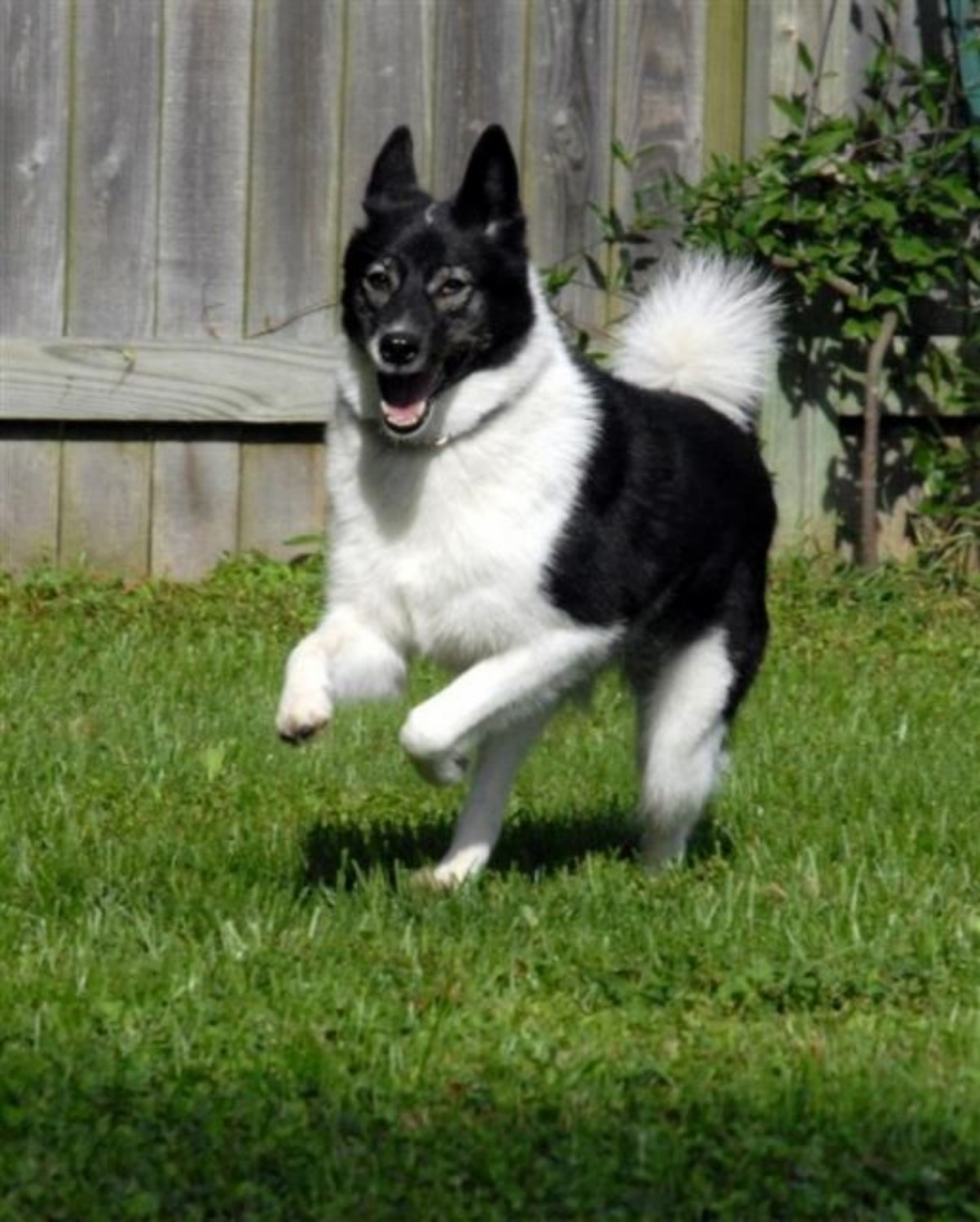
RussoEuropean Laika Dog Breed Information, Images, Characteristics, Health
The Russo-European Laika was initially developed and traditionally used to hunt squirrels, yet they can also be used for hunting a variety of large and small game, including rabbits, bears, and raccoons. Because of the modernization of the agricultural industry, and the change in people's preferences, the main hunting purpose of the Russo.
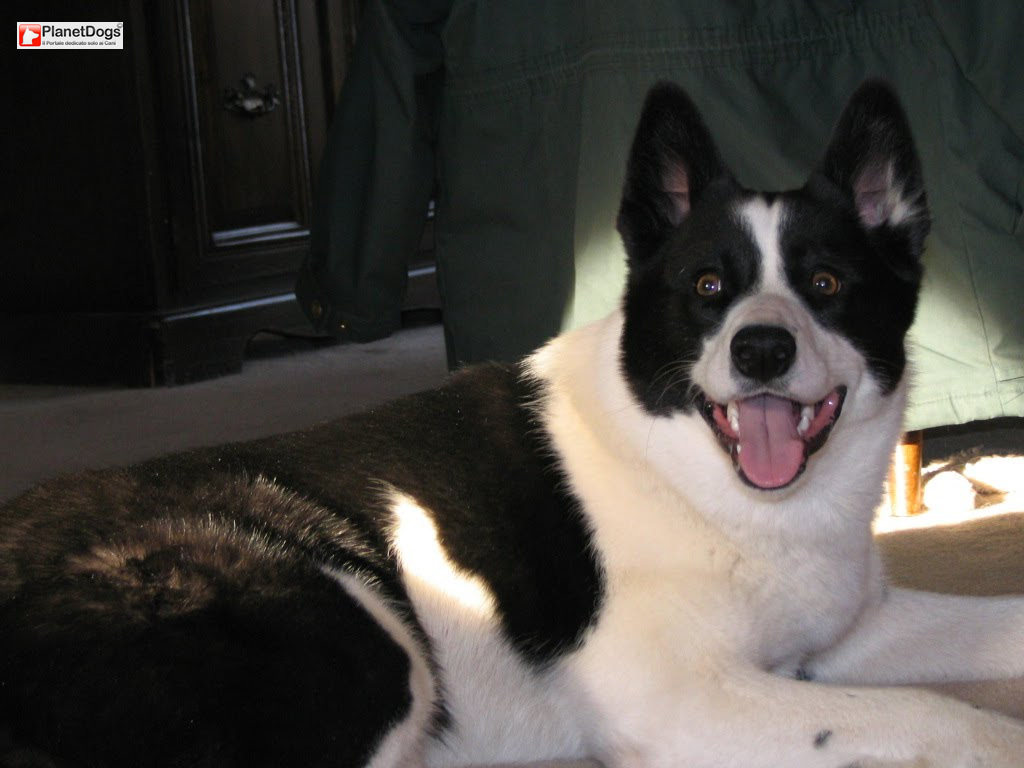
Happy RussoEuropean Laika photo and wallpaper. Beautiful Happy RussoEuropean Laika pictures
The Russo-European Laika itself dates to a breeding program begun in 1944 by E. I. Shereshevsky of the All-Union Research Institute for the Hunting Industry, in Kalinin Province. Russo-European Laika is the name of a breed of hunting dog that originated in the forested region of northern Europe and Russia, one of several breeds developed from landrace Laika dogs of Spitz type.

Laika RussoEuropeo carattere e caratteristiche della razza canina
THE RUSSO-EUROPEAN LAIKA Since very old times and until early XX Century, medium size compact built Laikas with pointed muzzle and prick ears were wide distributed across the taiga forest zone of northeastern Europe from Finland and Karelia to Uralian Mountains.
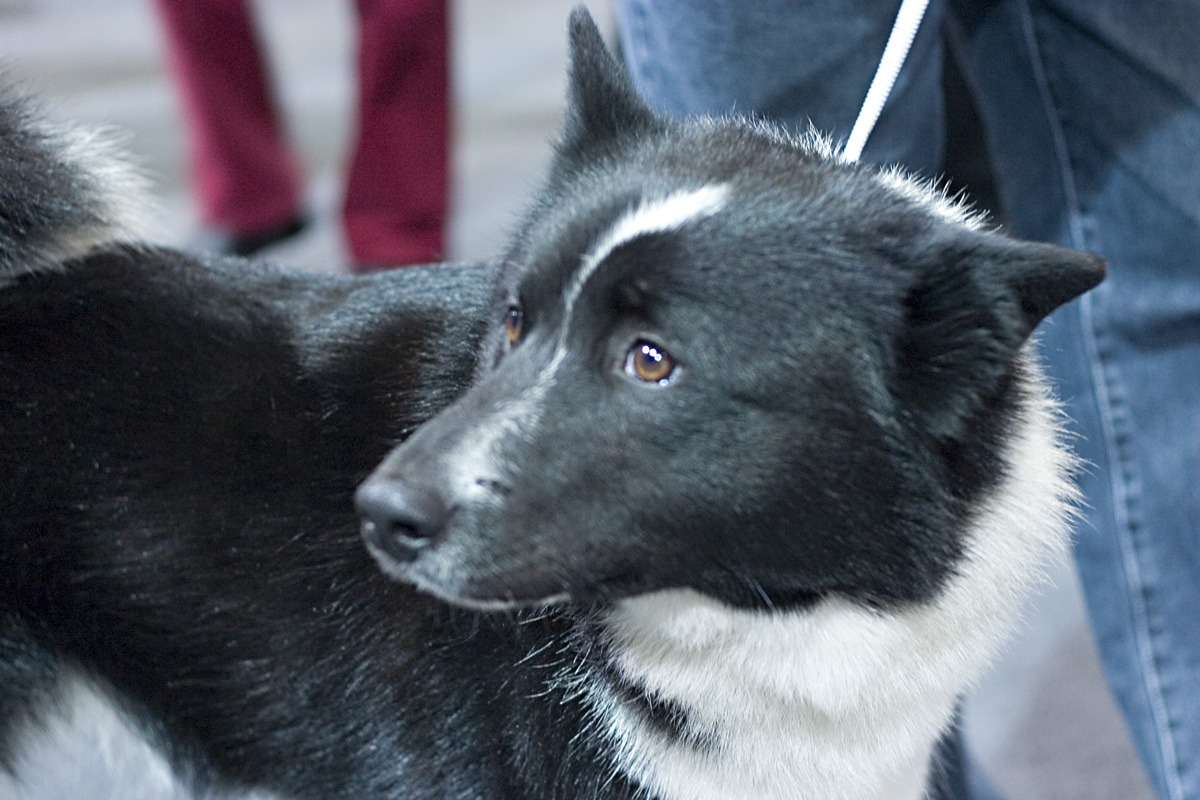
RussoEuropean Laika Dog Breed Information and Pictures Livelife
The Russo-European Laika is a Spitz type dog that was originally bred to hunt large game such as bear, wolves, elk and wild boar. As you can imagine, these dogs are courageous and powerful. The Russo-European Laika temperament may be too challenging for a novice owner. However, these dogs make excellent companions for experienced handlers.
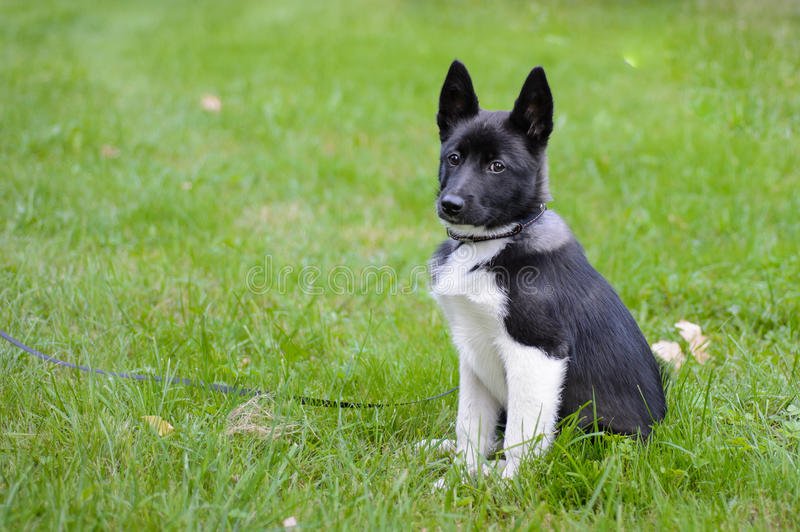
RussoEuropean Laika Dog Breed Information, Puppies & Breeders Dogs Australia
Welcome to our complete guide to understanding one of the most intriguing dog breeds, the Russo-European Laika. This guide aims to explore every nook and cranny of this fascinating breed. Whether you are a potential dog owner, a dog enthusiast, or simply someone curious about different breeds, gaining insights about the Laika will provide you with a fascinating glimpse into its unique world.
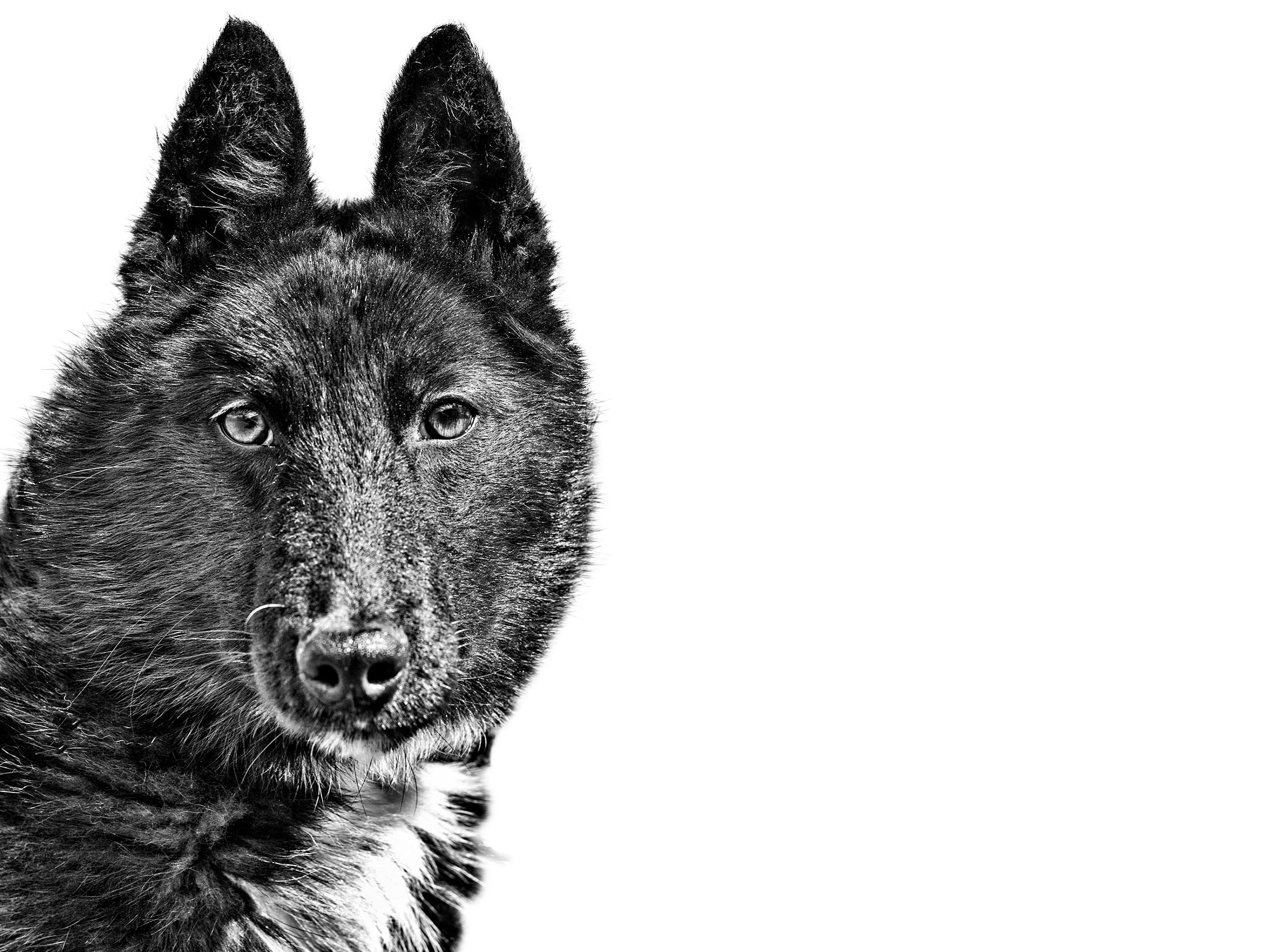
RussoEuropean Laika Royal Canin
The Russo-European Laika is very family-oriented and can be both protective and affectionate towards those humans in whose bosom he is held. His hunting instinct remains strong, so beware local squirrels! Comment Key facts about the Russian-European Laika Life expectancy : 5 17 10 12 Temperament : Affectionate Intelligent Hunter Size :
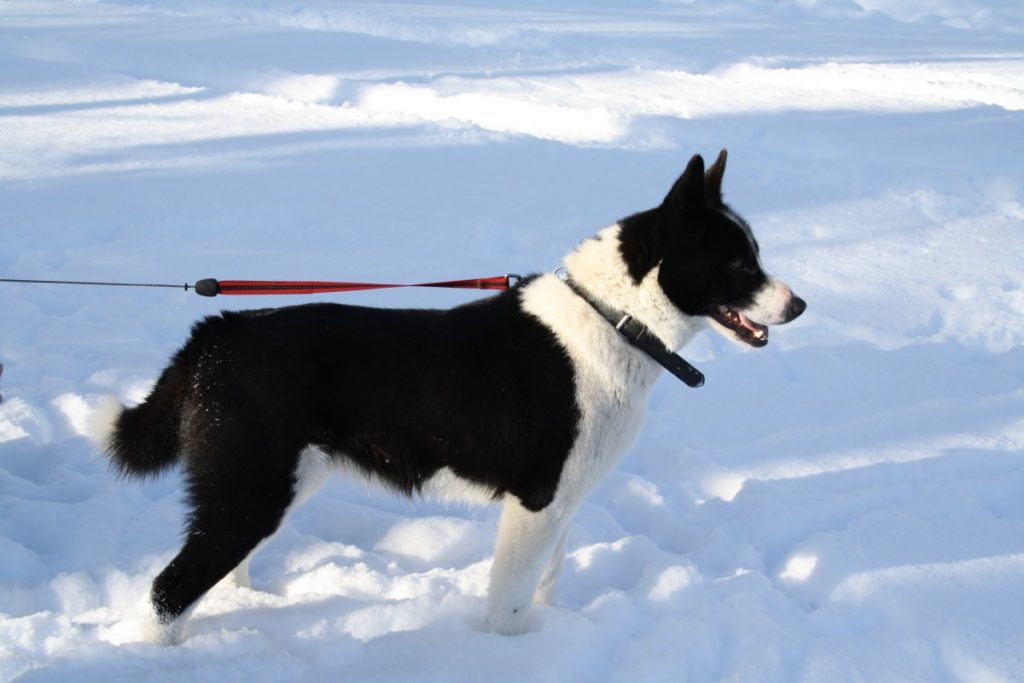
Laika RussoEuropeo origini, prezzo, caratteristiche e allevamenti il mio cane è Leggenda
The Russo-European Laika (REL) or Russko-Evropeĭskaya Láĭka, as they call it in Russia, is a Spitz type hunting dog originating from taiga regions of European Russia and Finland. This dog is a descendant of the Karelian Bear Laika, which unfortunately doesn't exist today in its purebred form.

RussoEuropean Laika Dog Breed Facts and Information Wag! Dog Walking
The Russo-European Laika is a hunting dog that comes from Russia. It is a dog that has been developed from Spitz type dogs. A breeding program was started for the dog in 1944. The Russo-European Laika dog is recognized by the Federation Cynologique Internationale in the Spitz and Primitive type group. Description - Russo-European Laika for Sale

Russo European Laika Dog Breed Standards
Russian-European Laika are medium-sized, clean-cut, robust dogs with solid bones and well-developed muscles. Since the 1940's they have been overwhelmingly bred for hunting, with complementary qualities to the other two Laika breeds. They will not be happy with a sedentary life, requiring lots of daily exercise to use up their incredible energy.

Russo European Laika Dog Breed Information All You Need To Know Dog Product Picker
The Russian-European Laika is the smallest of the Laika family of dog breeds. These dogs were mostly used for hunting purposes and were praised for their ability to tree prey. The Russian-European Laika was also used for hunting big game such as moose, wild boar, and in some cases, even bears.

RussianEuropean Laika Facts Wisdom Panel™ Dog Breeds
Laikas ( / ˈlaɪkə / LY-kə; Russian: Ла́йка, IPA: [ˈlajkə]) are aboriginal spitz from Northern Russia, especially Siberia but also sometimes expanded to include Nordic hunting breeds. Laika breeds are primitive dogs who flourish with minimal care even in hostile weather.
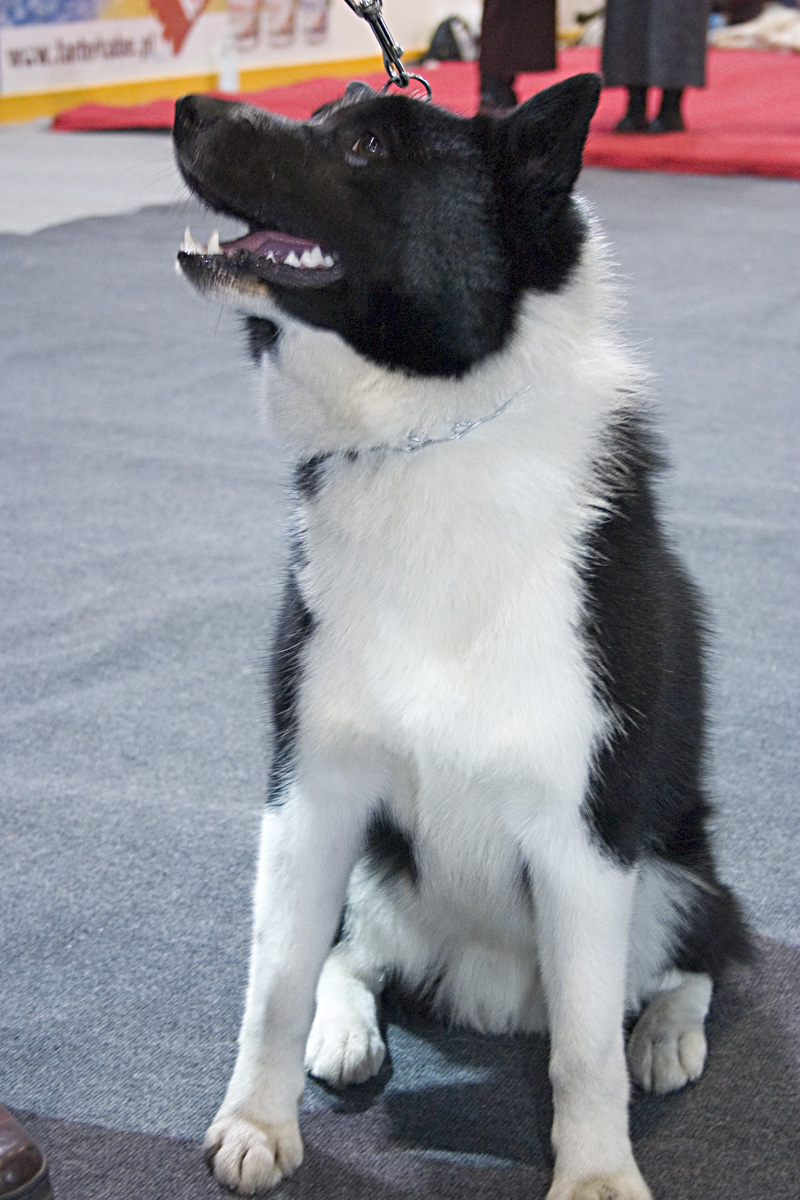
RussoEuropean Laika photos and wallpapers. The beautiful RussoEuropean Laika pictures
The Russian-European Laika is a hunting breed developed in the mountains of Finland and Russia in the 1900s. The Laika is an ancient landrace of dogs and the Russian-European Laika is the result of a breeding program that began in 1944.
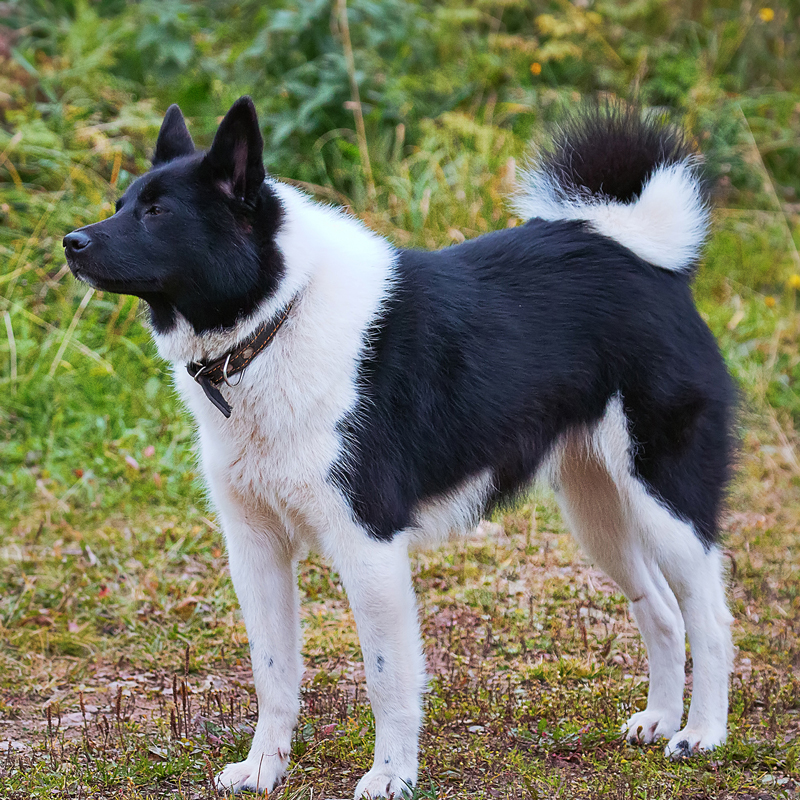
RussianEuropean Laika Facts Wisdom Panel™ Dog Breeds
The Russo-European Laika is a good rural pet, tolerant of farm animals, but it has a tendency to chase cats, rabbits, squirrels and other rodents, making a very effective vermin killer. Superficially similar to the Karelian Bear Dog, this impressive Russian breed is not as tall as its Finnish cousin, but is more muscled and agile, has a compact.
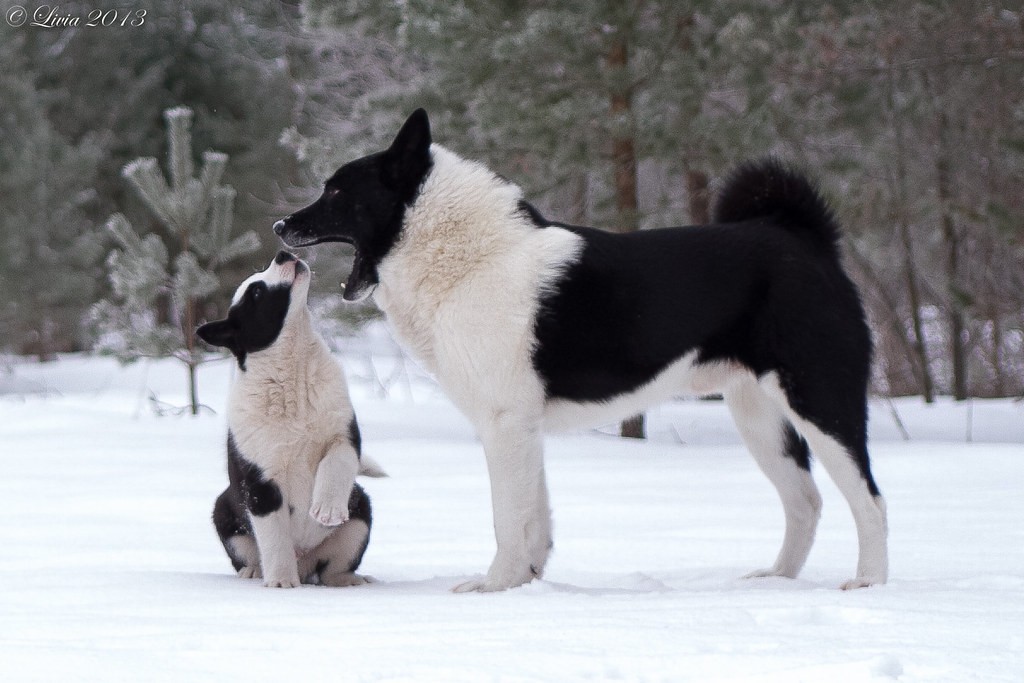
RussoEuropean Laika Dog Breed Information, Images, Characteristics, Health
Russo-European Laika (Russko-Evropeĭskaya Láĭka) is the name of a breed of hunting dog that originated in the forested region of northern Europe and Russia, one of several breeds developed from landrace Laika dogs of Spitz type.
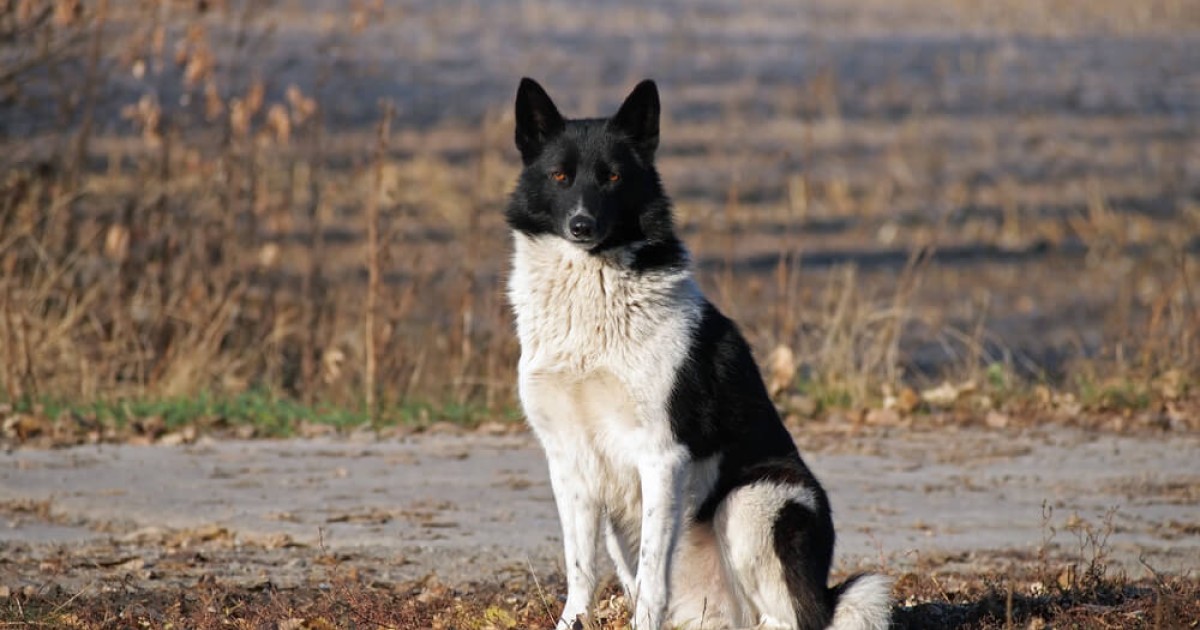
RussianEuropean Laika Dog Breed Info, Guide & Care
The Russo-European Laika is a descendant of two related breeds, the Karelian Bear Laika (which is extinct) and the Karelain Bear Dog. This quickly developed breed was conceived in 1944, recognized by 1960, and represented in space during that two-generation period.